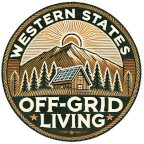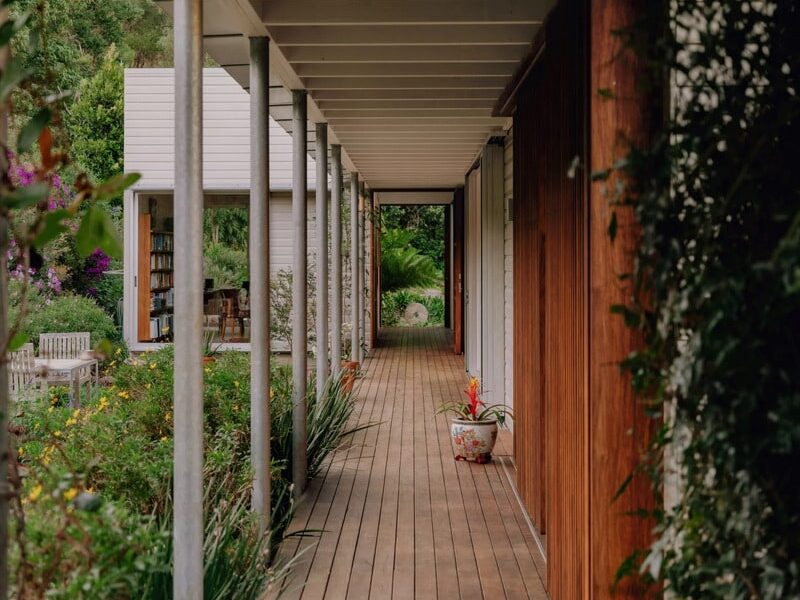… off–grid living. With an expanded range of products, including camping gear, medical supplies, solar-powered
Category: Off-Grid Living: Freedom & Sustainability
Off-grid living is an increasingly popular lifestyle choice for individuals seeking independence, sustainability, and a closer connection to nature. Living off the grid means disconnecting from municipal utilities and embracing self-sufficiency. This lifestyle is more than just a trend—it’s a movement toward resilience, environmental stewardship, and personal empowerment.
What is Off-Grid Living?
Off-grid living refers to a lifestyle that operates independently of public utility services, such as electricity, water, and sewage systems. Instead of relying on centralized systems, off-grid living utilizes alternative solutions like renewable energy, water collection, and sustainable waste management. Here are the core elements:
- Energy Independence: Solar panels, wind turbines, and battery storage systems generate and store electricity.
- Water Self-Sufficiency: Rainwater harvesting systems, wells, and advanced filtration systems ensure a reliable water supply.
- Waste Management: Composting toilets, greywater recycling, and eco-friendly waste disposal methods manage household waste effectively.
- Food Production: Many off-grid lifestyles integrate gardening, permaculture, and small-scale farming to produce fresh, sustainable food.
Benefits of Off-Grid Living
- Freedom and Independence: By living off the grid, you are free from dependence on utility companies and fluctuating service costs. You have control over your resources and lifestyle choices.
- Cost Savings: While there may be an upfront investment in systems like solar panels or water filtration, off-grid living eliminates recurring utility bills. Over time, these savings add up significantly.
- Sustainability: Off-grid living minimizes environmental impact. Renewable energy, water conservation, and waste reduction contribute to a smaller carbon footprint and a more sustainable future.
- Resilience: In times of natural disasters or infrastructure failures, off-grid systems provide a reliable and self-contained way to maintain essential services.
- Personal Growth: Off-grid living fosters skills like problem-solving, resourcefulness, and adaptability. The lifestyle often brings a sense of accomplishment and fulfillment.
Challenges of Off-Grid Living
- Initial Costs: The cost of setting up solar systems, water filtration, and other infrastructure can be substantial. Budgeting and planning are crucial.
- Maintenance Requirements: Off-grid systems require regular upkeep. From cleaning solar panels to maintaining batteries and water filters, ongoing attention is necessary.
- Regulations and Zoning: Depending on your location, local laws and building codes may pose challenges. Research is key to ensuring compliance.
- Lifestyle Adjustments: Off-grid living often involves changing daily habits, such as conserving energy, managing water usage, and adopting new waste disposal methods.
Steps to Transition
- Assess Your Goals: Decide why you want to live off-grid. Are you motivated by sustainability, cost savings, or independence?
- Choose a Suitable Location: Look for land with access to natural resources like sunlight, wind, and water. Proximity to essential services may also be a factor.
- Develop a Plan: Work with experts to design your off-grid systems, including energy, water, and waste management. Factor in future scalability.
- Build or Retrofit Your Home: Construct or modify your home to support off-grid systems. Energy-efficient designs and materials will enhance your setup.
- Adapt Your Lifestyle: Embrace the principles of conservation and resourcefulness. Cultivate skills like gardening, basic repairs, and system maintenance.
Real-Life Examples
- Solo Homesteads: Families cultivating their own food and generating power while living in harmony with nature.
- Tiny Homes: Compact and efficient, tiny homes are ideal for minimalists embracing the off-grid lifestyle.
- Homesteading Villages: Communities of like-minded individuals producing all their life-sustaining food, water and power, surrounded by others doing the same.
Is Off-Grid Living Right for You?
Living off-grid isn’t just about reducing costs or escaping the rat race, though it does both. It’s a commitment to a more sustainable, intentional, and self-reliant way of life. Before transitioning, consider your willingness to embrace change, invest in infrastructure, and learn new skills. Resources like online forums, workshops, and books can guide you on this journey. And off-grid communities have lots of neighbors, happy to help out when someone is in need.
Conclusion
Off-grid living is more than a lifestyle; it’s a path to empowerment and sustainability. By disconnecting from traditional utilities and embracing self-reliance, you can achieve freedom, resilience, and a deeper connection with the world around you. Whether you’re drawn by environmental or political concerns, supply chain disruptions, cost savings, or the promise of independence, this lifestyle offers a fulfilling and forward-thinking way to thrive in today’s world.
1. Off-grid Living Solutions – · 2. Sustainable Home Design – · 3. Climate-adaptive Architecture
This comprehensive kit includes solar ovens, coolers, power banks, and more, providing a complete off–grid
झारखंडी देशी रागी लड्डू | Raagi Food | Millets| Gumla | Jharkhand – YouTube …
… off–grid in Idaho, where he owns a large mineral rights claim. This lifestyle allows
Portable Power Supply for RV and Off–Grid Living. Built for adventurers and off–grid pioneers, the
BLUETTI, a technology pioneer in clean energy, today officially launched the new Apex 300 portable
Maine State Police bloodhound helps rescue 5-year-old with autism – YouTube … of Anna Blessing.
Real-life use cases that show how this portable solar generator can support off–grid living and

